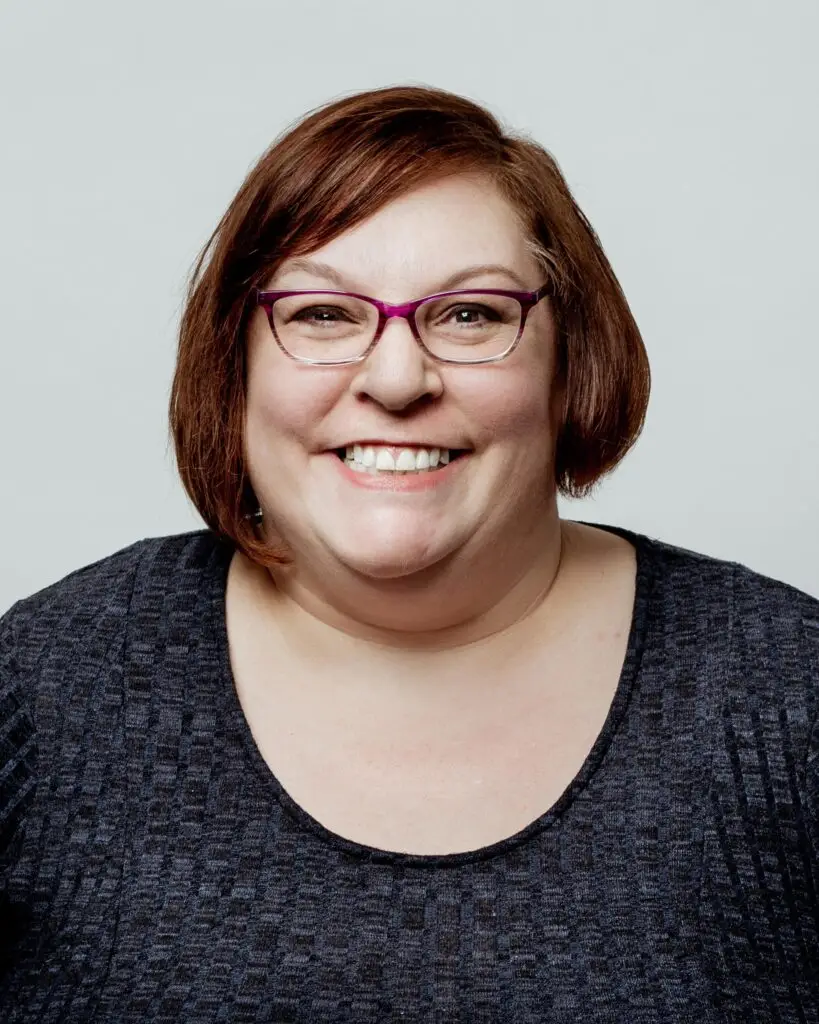Amanda Morin
Amanda Morin is a parent advocate and former teacher. She worked in classrooms and as an early intervention specialist for 10 years. Since 2007, she has been working as an education writer and, more recently, as a parent advocate to empower parents and affirm the pivotal role they play in their child’s education.
During her years as an early childhood educator, she taught kindergarten and worked with infants, toddlers and preschoolers with disabilities. She provided education and training to parents of children with disabilities and led multidisciplinary teams in developing and implementing Individual Family Service Plans.
She is the author of three books: The Everything Parent’s Guide to Special Education, The Everything Kids’ Learning Activities Book and On-the-Go Fun for Kids: More Than 250 Activities to Keep Little Ones Busy and Happy—Anytime, Anywhere!







